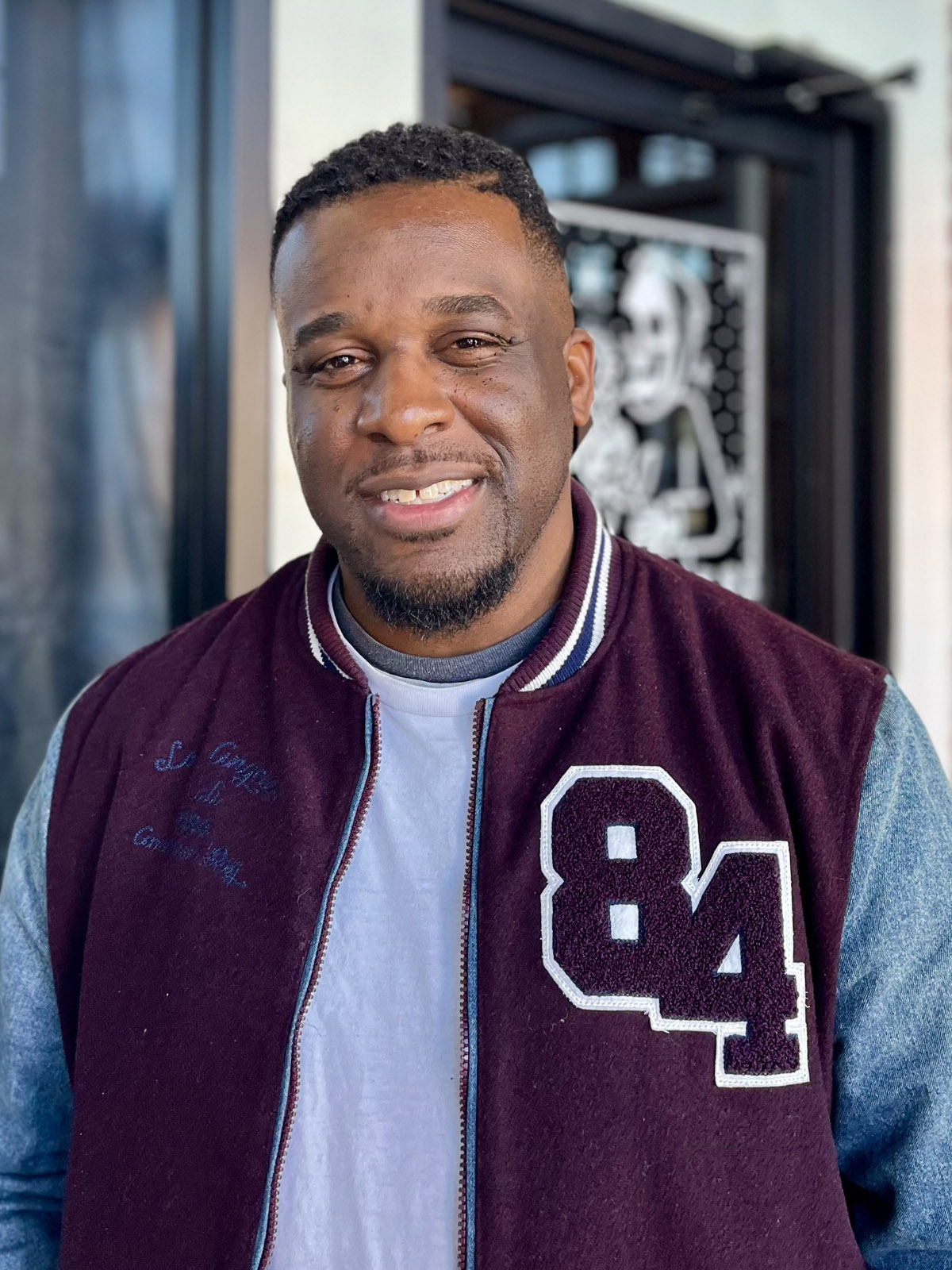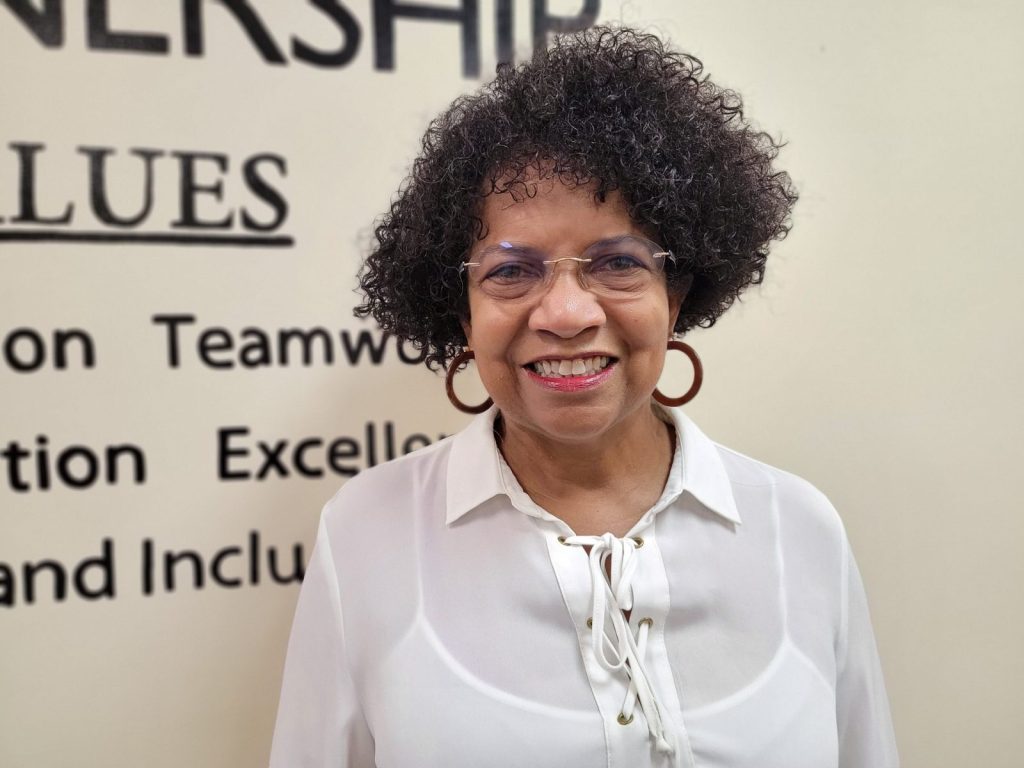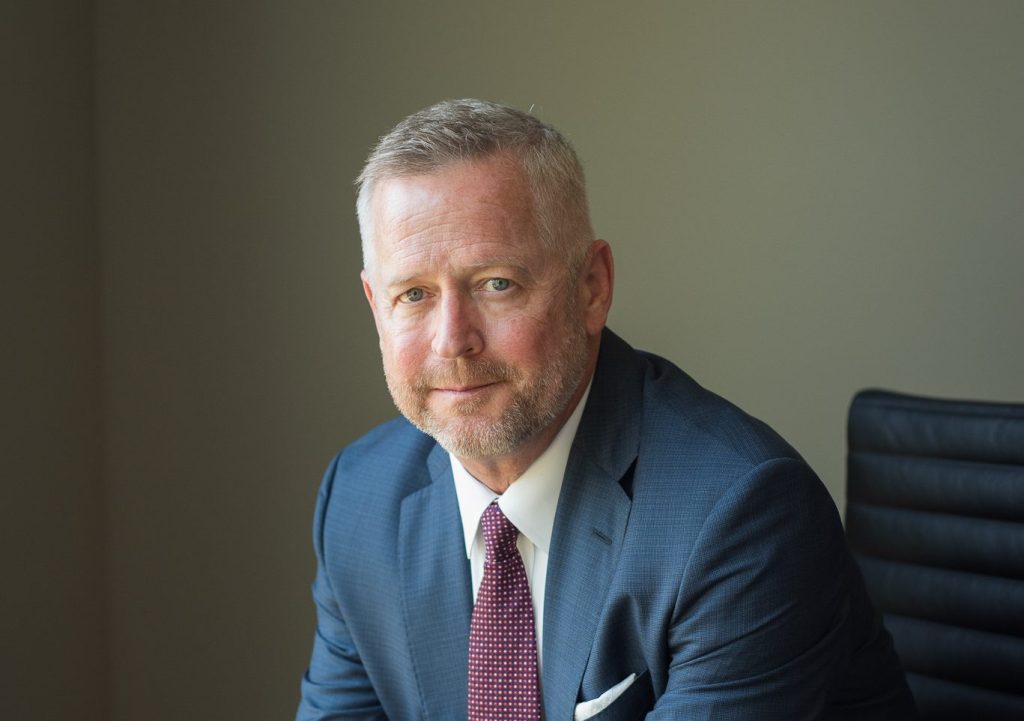Part of an occasional series on teen gun violence in Springfield.
One of the most effective promoters of a suicide hotline number in 2017 came from an unlikely messenger — a hip hop rap artist.
American rapper and singer Sir Robert Bryson Hall II, known professionally as Logic, made it the title of a song, “1-800-273-8255.” The National Suicide Prevention Lifeline preceded today’s “988” suicide crisis hotline.
The song is about a person who plans to commit suicide, but calls the lifeline and changes their mind. According to at least one international research journal, BMJ, the tune was associated with an explosion of calls to the lifeline and a reduction in suicides.
It’s a drastic change from the messages of self-hatred, self-harm and suicide that young people consume through some hip hop, rap and popular music, says Sheldon Williams, pastor of East Grand Church of Christ.
“Sometimes,” he says, “it’s even jumping off a bridge or overmedicating. Suicide becomes a theme.”
Williams is a rap artist himself, recording and performing under the name SERV. When he’s not preaching the gospel from the pulpit, he writes, records and performs positive messages and Christian hip hop with fellow rap artists in Springfield.

Gunshots, hangings and car crashes
Suicide is the second leading cause of death for Missouri’s youths 18-24, and the third leading cause of death among youth age 10-17, according to state health statistics.
The Greene County Medical Examiner’s Office reports that of the 77 suicides that occurred in Greene County in 2022, three teens ages 15-18 committed suicide, two as a result of gunshot, one by intentional vehicle crash after expressing their plan.
The risk of losing more youths is greater still.
- For every person who dies by suicide, more than 30 others attempt suicide, research shows.
- Roughly 1 in 10 Missouri students reported they had planned suicide.
A Department of Mental Health Missouri Student Survey in 2022 of Greene County sixth- to twelfth-grade students showed the severity of it:
- 1 in 15, or 6.7%, had made a suicide attempt in the last year,
- 1 in 7, or 13.9%, had seriously considered suicide,
- 1 in 10, or 10.1%, of students had planned their suicide.
The CDC’s 2019 Youth Risk Behavior Survey also found that the estimate of suicidal thoughts, plans, attempts and attempts requiring medical treatment were highest among youth who identified as LGBTQ+. Black students had the highest prevalence estimates for attempted suicide.
The Missouri Institute for Mental Health found that firearms are the most common — and most lethal — means of suicide in Missouri.
Opportunity to intervene and save lives
Alarming as the numbers are, they show an opportunity to intervene and save lives.
Mental health leaders who already offer a wide range of programs for youth will work on new kinds of outreach as members of the Gun Safety and Violence Collaborative. The year-old project of Community Partnership of the Ozarks meets again March 6 at CPO. It includes some 30 members from the faith, school, social service, mental health, business and law enforcement communities. Former youth offenders are there, too.
They’ll be considering projects aimed at reaching youths who are involved in or at risk of adopting violent behavior and self-harm. Mental health workers may consider projects such as developing “peer support specialists,” or conducting a street outreach program to connect youth to services that teach skills such as conflict resolution and anger management.


Gun safety, gun violence and suicide – “The problem belongs to all of us,” says Francine Pratt, who co-chairs the collaborative with Clay Goddard. Pratt is a longtime youth and community advocate and director of Prosper Springfield. Goddard is a career public health professional now serving as Burrell Behavioral Health southwest region president.
Mental health advocates fan out in the city and region with services for kids and teens. Burrell Behavioral Health, which has programs, individual therapy and group therapy services for all ages, worked with local and state leaders to garner support and funding for a Youth Resiliency Campus. Once open, it will provide a 24-hour teen crisis center, outpatient and inpatient services and residential treatment for highest-need teens.
There are two 24/7 crisis lines to turn to in southwest Missouri – 988 and 1-800-494-7355, a Burrell spokesman said. Callers are those in crisis or someone concerned about another individual.
CoxHealth and Mercy Hospital Springfield offer crisis care services, as well. And a Community Partnership of the Ozarks team in 2023 taught 16 Springfield Public Schools staff members to implement “signs of suicide” training, which reached more than 6,800 sixth- to ninth-grade students, CPO says in its 2023 annual report.
CPO addresses the use of firearms in youth suicide and violence in its ongoing campaign for safe handling and storage of guns in the home. CPO offers cable locks for handguns as part of their home safety kit lockboxes, which also include medication disposal packets and information on suicide prevention.
Education is key for helping youth
A new five-year Missouri Suicide Prevention Plan plan is also available to help Missourians prevent and lower the risk of suicide in their families and communities. It was written by the Missouri Suicide Prevention Network in partnership with the Missouri Behavioral Health Council and the Department of Mental Health.
Accurate education about suicide warning signs and early intervention are critical with youths, says Burrell’s Brandan Gremminger, a doctor of psychology and vice president of clinical operations.
“That’s a big part of one of the initiatives is to get out into the community; our network’s engaged. We know that mental health providers play a critical role in this. But suicide is a public health issue so it’s a bit of a group project, so to speak. It takes a team,” Gremminger says.
“We know that individuals are not going to be in traditional counseling all day long, every day of the week, with their counselor. So we want to train and empower everyone in the community to feel empowered to intervene, make referrals when it’s appropriate to the professionals, and that the community is made of therapeutic helpers.”
Sheldon Williams, pastor and rapper, sees himself there. He preaches hope, self-respect and talking it out.
He writes songs from what he hears: “They feel like sometimes it’s the only solution. ‘Can’t stop kids from bullying me. I'm always going to be ugly to people. Can’t get a boyfriend. Can't get a girlfriend. Parents are never going to get back together. Can't get out of this… No one cares.’”
It may take his brand of outreach and many other traditional outreach efforts available in Springfield to reach troubled youths and reverse the suicide statistics. Goddard says it will likely take a mixture of traditional and nontraditional means to address youth suicide rates in a positive way.
“We’ve started to see nice resiliency campaigns — and we’ve got 988 now,” Goddard says. “The question is, are those going to be a good match for the particular group we’re talking about?
“I think there’s going to be a lot of mistrust of institutions. If I’m a kid and I think, ‘988, and I got 911, I wonder if there’s a tie to law enforcement.’
“So I think there’s going to be some messaging challenges, to be frank.”


